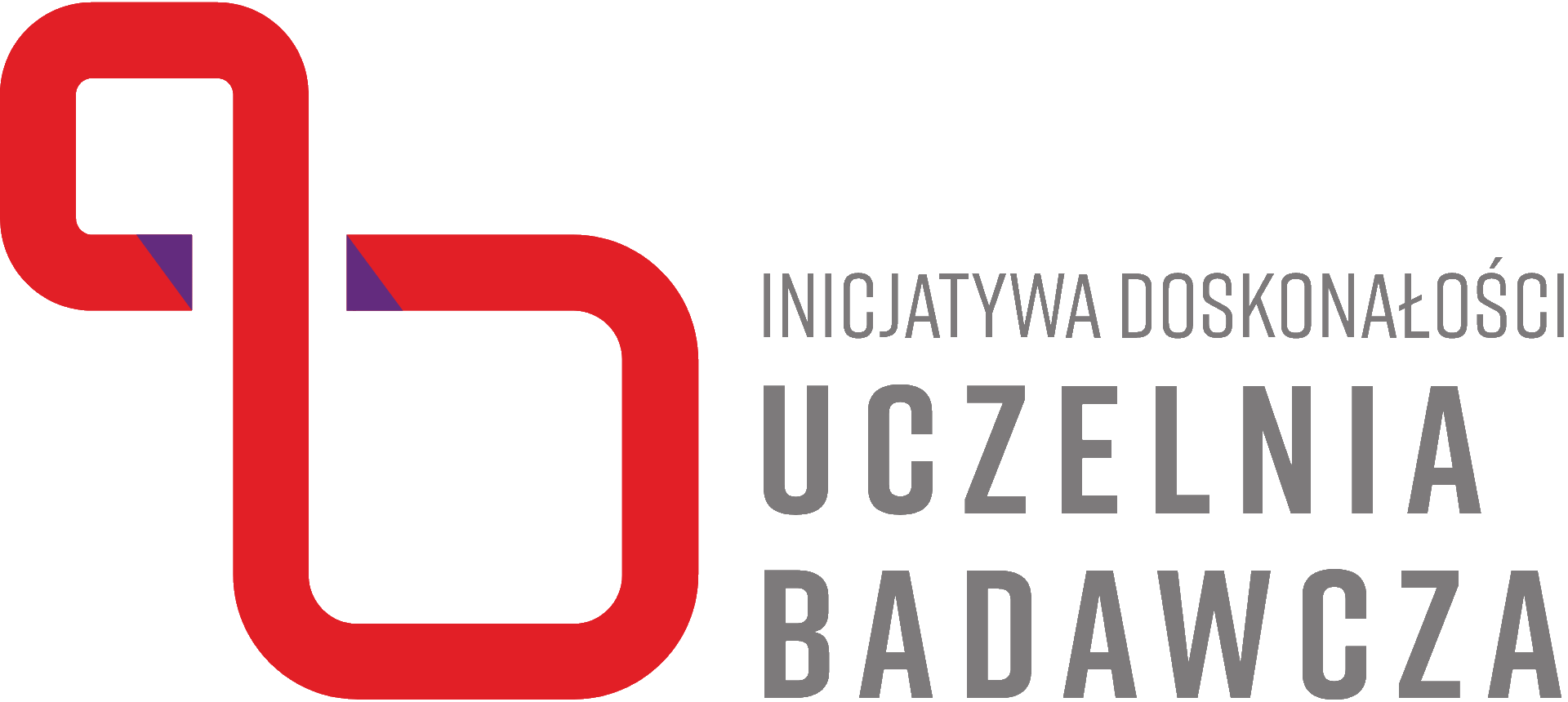Purpose and objectives of Archaeo-Oriental Studies
Understanding the past of a culture has a significant impact on understanding its current situation. The importance of research carried out as part of Archaeo-Oriental Studies cannot be overestimated when trying to understand thinking and behaviour in non-European cultures with which – and between which – intercultural understanding is difficult or even impossible: the reasons for this lie in tradition, preserved in signs and texts.
The novelty of the project consists in combining various methodologies which were usually applied separately, which allows for the study of cultural artefacts. The nature and significance of these artefacts vary widely: they include phenomena as diverse as buildings, utensils, manuscripts, etc., and non-linguistic and linguistic communication signs. Each of the methodologies opens up a different perspective and understanding of a given object, and a combination of them may allow for a more comprehensive approach; the conducted research uses archaeological, cognitive, and textological methods and theories, along with field research, which is supplemented by the use of new technologies.
The aim of the Archaeo-Oriental Studies is to prepare and launch interdisciplinary and multidisciplinary projects that will take up research problems that have scientific potential and substantial cultural and social significance. This allows for a better understanding of ways thoughts and culture are expressed, both from a synchronous and diachronic perspective. There are outstanding archaeologists and orientalists at UW, whose research areas overlap territorially and / or thematically; these (Egypt, Ethiopia, Sudan) are the starting points in the project, the scope of which will be extended. As a result of the action, an international research network will be created, which will include leading research centres who are working on similar topics (archeology, oriental studies, cognitive linguistics, history, art history, religious studies, sociology, political science, and research on non-verbal communication systems and neuroscience). Establishing cooperation is also planned with countries, where cooperation has not been very active so far (e.g., India and countries of Central Asia) and where research on the past is being developed.
The axis of the project is conceptualising power in ancient and contemporary non-European cultures. The ways of understanding power and its functions in selected African and Asian countries will be studied in bi-directionally: up-down and down-up (authority – subjects and subjects – authority). The primary source will be non-verbal signs (archaeological artifacts and other non-linguistic signs, both objects and human behaviour) and texts. The implementation of the project will follow a two-track approach, in terms of the time of creation of the sources studied – ancient and contemporary. An interdisciplinary approach will allow us to understand the cultural determinants of the concept of power and its social expressions, as well as the continuity in certain forms of thought and culture. The implementation of both of these tasks is possible through collaborative interdisciplinary analysis of artefacts and texts. The research adopts a perspective which accounts for the rooting of contemporary power systems in cultural paradigms and explores the possibilities of applying the apparatus and theory of contemporary political science to the analysis of non-European cultures. Using the interdisciplinary methodology, research problems such as the following may be undertaken:
- The origins of power.
- Power and territory.
- Determining the scope of authority.
- The legitimacy of power.
- Power and altered states of consciousness / madness.
- Power in the context of Fernand Braudel’s theory of Longue Durée.
Within the framework of archeology, funding is also provided for research projects which do not fall within areas of mainstream research, and which are being carried out by teams made up of archaeologists and orientalists. These projects will measurably contribute to the achievement of the highest quality of research and scientific publications, strengthening foreign contacts and the international position of the University of Warsaw.
An important aspect of the activity is the expansion of the research infrastructure for specialised interdisciplinary research. A microscopic analysis laboratory is being established for the study of archaeological sources, and a bioarchaeological laboratory for histological research is being expanded. High-quality equipment will allow for research to be conducted on a wide range of sources from various raw materials, in order to identify evidence of use, production methods, and post-deposit traces. In addition to equipment, an essential element of the development of the laboratory will be in support for activities influencing the publication of research results and improving the competencies of the people associated with the laboratory.

